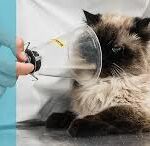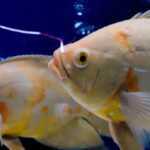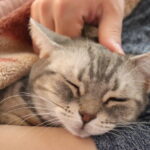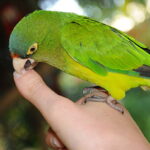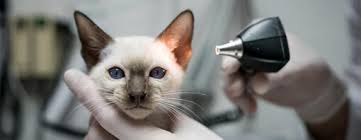The Fascinating Behavior of Cats
Why do cats play with their prey and Not Eat It, with their playful and sometimes mysterious behavior, often leave us wondering about the motivations behind their actions. One such behavior that has puzzled many cat owners and enthusiasts is their tendency to play with their prey without consuming it. In this comprehensive guide, we’ll delve into the reasons why cats exhibit this behavior and explore the underlying instincts that drive them.
Table of Contents
Why do cats play with their prey

Cats are natural hunters, descended from solitary predators that relied on hunting for survival. Understanding their predatory instincts is key to unraveling the mystery behind their behavior:
Hunting Instincts
Why do cats play with their prey
From the moment they are born, cats exhibit a strong instinct to hunt and capture prey. This instinct is deeply ingrained in their genetic makeup and serves as a vital survival mechanism.
Play Behavior
Play is an essential part of a cat’s development, allowing them to hone their hunting skills and satisfy their natural instincts. When cats engage in play, they mimic the behaviors associated with hunting, such as stalking, pouncing, and batting.
Why Do Cats Play with Their Prey?

Now that we understand the instinctual drive behind a cat’s hunting behavior, let’s explore why they often engage in playful interactions with their prey:
Practice and Skill Development
One theory suggests that playing with prey allows cats to practice their hunting techniques and refine their skills. By repeatedly capturing and releasing their prey, cats can improve their agility, coordination, and timing.
Mental Stimulation
Play also provides cats with valuable mental stimulation, keeping their minds sharp and engaged. For indoor cats especially, engaging in playful activities helps alleviate boredom and prevent behavioral issues.
Fulfillment of Instinctual Needs
Additionally, playing with prey satisfies a cat’s instinctual drive to hunt and capture prey. Even well-fed cats may feel the urge to engage in hunting behavior as a way of fulfilling their natural instincts.
Why Do Cats Kill but Not Eat Their Prey?

One of the most perplexing aspects of a cat’s behavior is their tendency to kill but not consume their prey. Let’s explore some possible explanations for this behavior:
Playfulness and Instinctual Drive
In some cases, cats may kill their prey in the heat of the moment, driven by their instinctual hunting behavior. However, once the prey is captured, their predatory instincts may be temporarily satisfied, leading them to lose interest in consuming it.
Preference for Fresh Prey
Cats are known for their discerning palates, preferring fresh food over stale or scavenged meals. After capturing prey, a cat may lose interest if the prey is no longer perceived as fresh or desirable.
Display of Dominance
In certain situations, killing prey without consuming it may serve as a display of dominance or territorial marking. By leaving the prey intact, a cat may be sending a message to other potential competitors in the area.
How to Support Your Cat’s Natural Instincts
As responsible cat owners, it’s important to provide our feline friends with opportunities to express their natural instincts in a safe and controlled environment. Here are some steps you can take to support your cat’s hunting behavior:
Provide Enrichment Activities
Why do cats play with their prey
Offer a variety of toys and interactive games that mimic the thrill of hunting. Toys that allow cats to stalk, chase, and capture simulated prey can help satisfy their instinctual needs.
Outdoor Exploration
If possible, allow your cat supervised access to the outdoors where they can engage in natural hunting behaviors. However, always ensure they are wearing a safe and secure collar with identification tags to prevent them from getting lost.
Maintain a Balanced Diet
Ensure your cat is receiving a nutritionally balanced diet that meets their dietary needs. While hunting behavior is natural for cats, it’s essential to supplement their diet with high-quality commercial cat food to ensure they are getting all the nutrients they need.
Conclusion
In conclusion, the behavior of Why do cats play with their prey when it comes to playing with and killing prey is a complex interplay of instinct, playfulness, and environmental factors. By understanding the motivations behind their actions and providing appropriate outlets for their natural behaviors, we can ensure that our feline companions lead fulfilling and enriched lives. So, embrace the playful antics of your cat, and remember to nurture their inner hunter with love and care.





